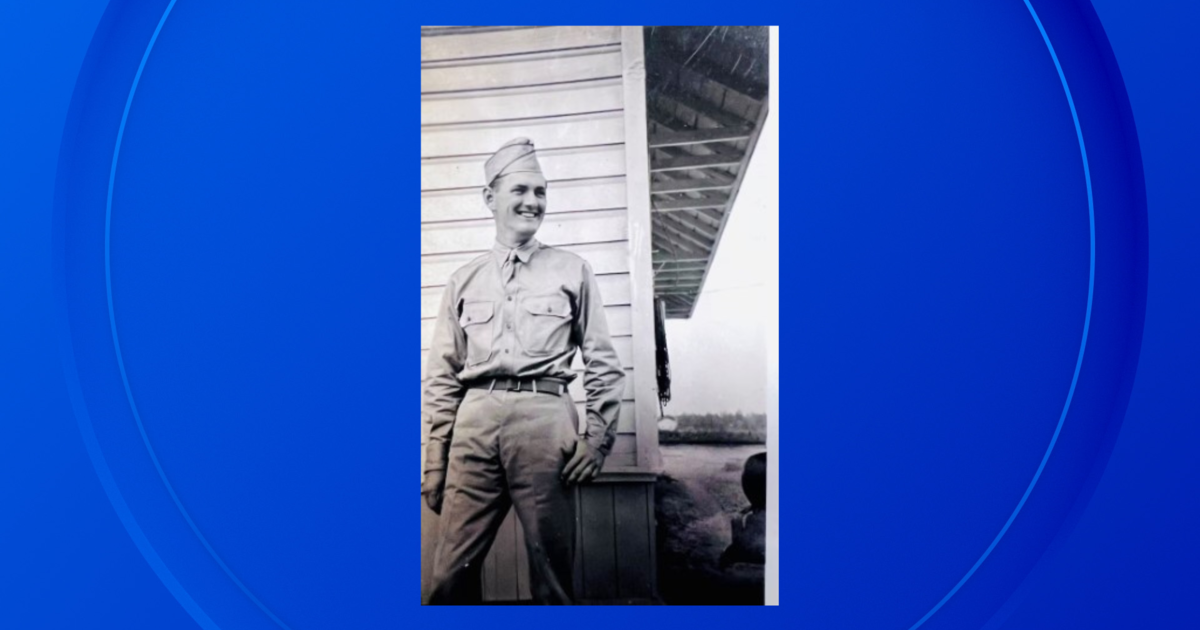Thousands Remain Without Power After Ice Storm
Oxford (WWJ)- A Winter storm that brought ice and rain to southeastern Michigan left 138,000 DTE Energy customers without power, and as of Monday morning, about 83,000 homes and businesses remained without electricity.
DTE estimates that 90 percent of its customers will be restored by Christmas Eve.
The total number of customers affected may continue to rise as ice continues to weigh down tree branches, causing them to snap and take down power lines, according to DTE. Ice storms differ from summer storms because the damage from ice often continues for several days. A quarter of an inch of ice is the equivalent of 500 pounds of weight on a span of power line. In some areas, as much as three-quarters of an inch has been found on DTE Energy power lines.
The majority of the power outages are in Oakland and Lapeer counties.
Crews are working 16-hour shifts around the clock to restore power. Nearly 400 linemen from utilities in West Virginia, Indiana, Ohio and Georgia are assisting with restoration efforts.
In addition, DTE tree trimming crews are helping road commissions in Lapeer and Oakland counties with efforts to clear broken tree limbs from streets.
Meantime, 201,000 Consumers Energy electric customers across the state are without service, 61,000 are near Flint, in Genesee County. A statement from Consumers says some homes and businesses won't have power restored until Saturday.
DTE Energy and Consumers Energy have these tips to keep residents safe:
--Never drive across a downed power line. If a power line falls on your vehicle, remain inside until help arrives.
--Don't open refrigerators or freezers more often than absolutely necessary. A closed refrigerator will stay cold for 12 hours. Kept closed, a well-filled freezer will preserve food for two days.
--Turn off or unplug all appliances to prevent an electrical overload when power is restored. Leave on one light switch to indicate when power is restored.
--Always operate generators outdoors to avoid dangerous buildup of toxic fumes.
--If a customer is elderly or has a medical condition that would be adversely impacted by a power outage, they should try to make alternative accommodations with family or friends.
--During low-voltage conditions – when lights are dim and television pictures are smaller – shut off motor-driven appliances such as refrigerators to prevent overheating and possible damage. Sensitive electronic devices also should be unplugged.
-- Stay out of flooded or damp basements or other areas if water is in contact with outlets or any electrically-operated appliance. The water or moisture may serve as a conductor of electricity. This can cause serious or even fatal injury.
--Assemble an emergency kit. It should include a battery-powered radio, a flashlight and candles, extra batteries, a first-aid kit, a fire extinguisher, bottled water and non-perishable food.
--Customers who depend on electrically powered medical equipment should ask their physician about an emergency battery back-up system. If a customer is elderly or has a medical condition that would be adversely impacted by a power outage, they should develop an emergency plan that allows for alternative accommodations with family or friends.
--Keep a corded or cell phone on hand because a cordless telephone needs electricity to operate. Also, customers should learn how to manually open automated garage doors.
--Customers who depend on a well for drinking water need to plan ahead on how they will obtain water. Store containers of water for cooking and washing.
--Keep an emergency supply of fuel or wood handy. For safety, always store fuel in a dry place away from the house.
--Select a small, well-insulated room with a fireplace, wood stove or fuel-burning heater to use as emergency living quarters.
--Ensure your blanket supply is adequate for extended outages and secure a supply of cardboard. In an emergency, blankets and cardboard can be hung over windows and doorways to minimize heat loss.



